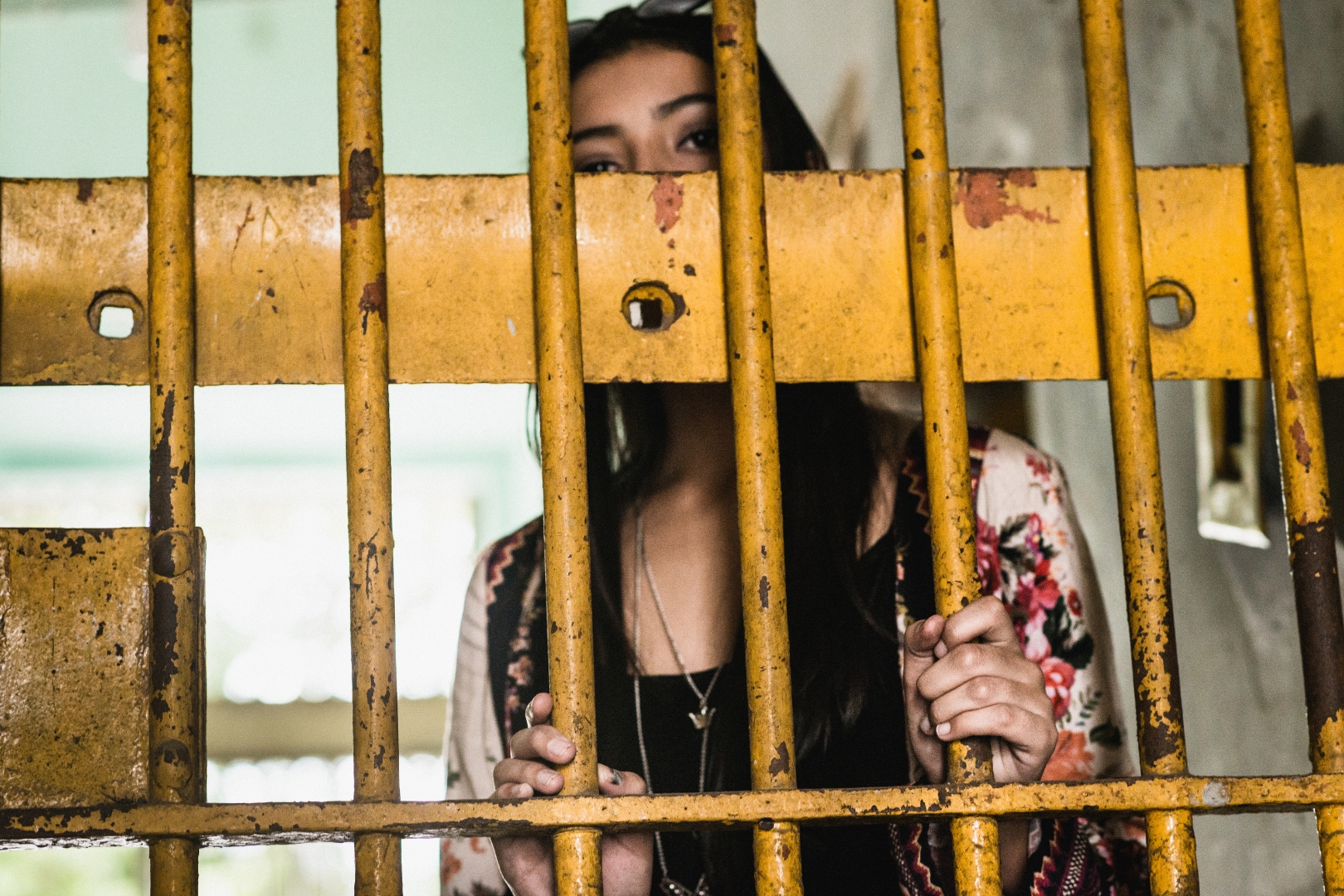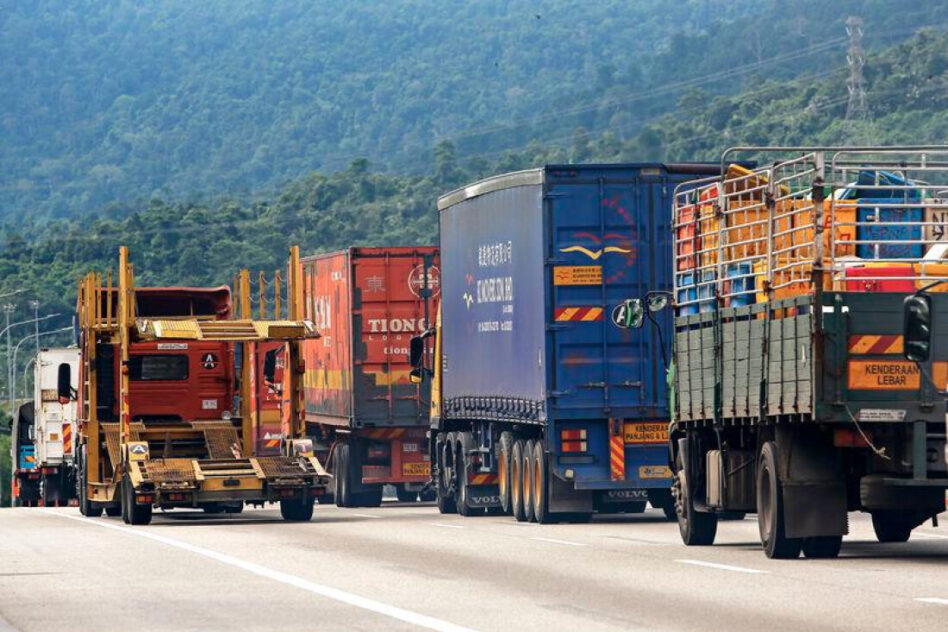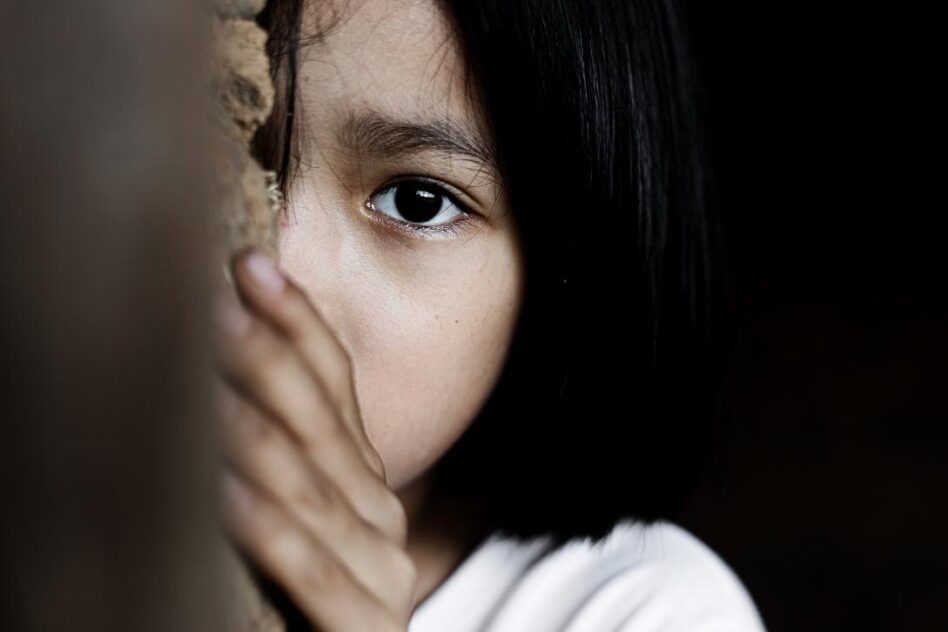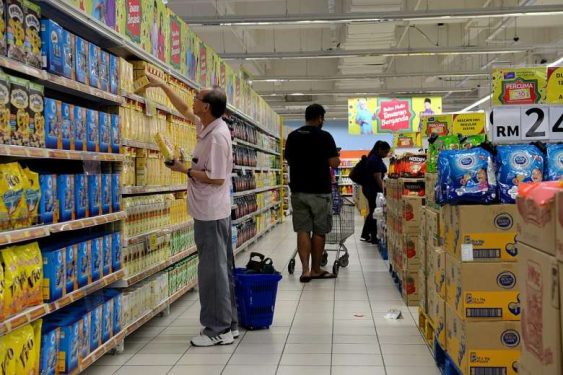MALAYSIA is facing a pressing human rights and legal crisis. We see a growing number of citizens being exploited by international drug syndicates as couriers and many are ending up on death row in foreign countries.
From 2021 to 2023, 77 Malaysians were arrested overseas for drug trafficking. In 2023 alone, 28 individuals were detained in various countries including the United Kingdom, France, China and the Maldives.
As of early 2024, 74 Malaysians are reported to be on death row abroad, convicted for transporting narcotics across borders often under circumstances that suggest coercion or deception.
The majority were not hardened criminals, but individuals lured by false job offers, online romance scams, or the promise of quick money.
Syndicates have used social media platforms to offer payments of RM5,000 to RM10,000 per trip to smuggle drugs, exploiting economic desperation and emotional vulnerability.
In early 2024, British authorities noted a threefold increase in cannabis seizures at Scottish airports involving Malaysians, underscoring the scale of the problem.
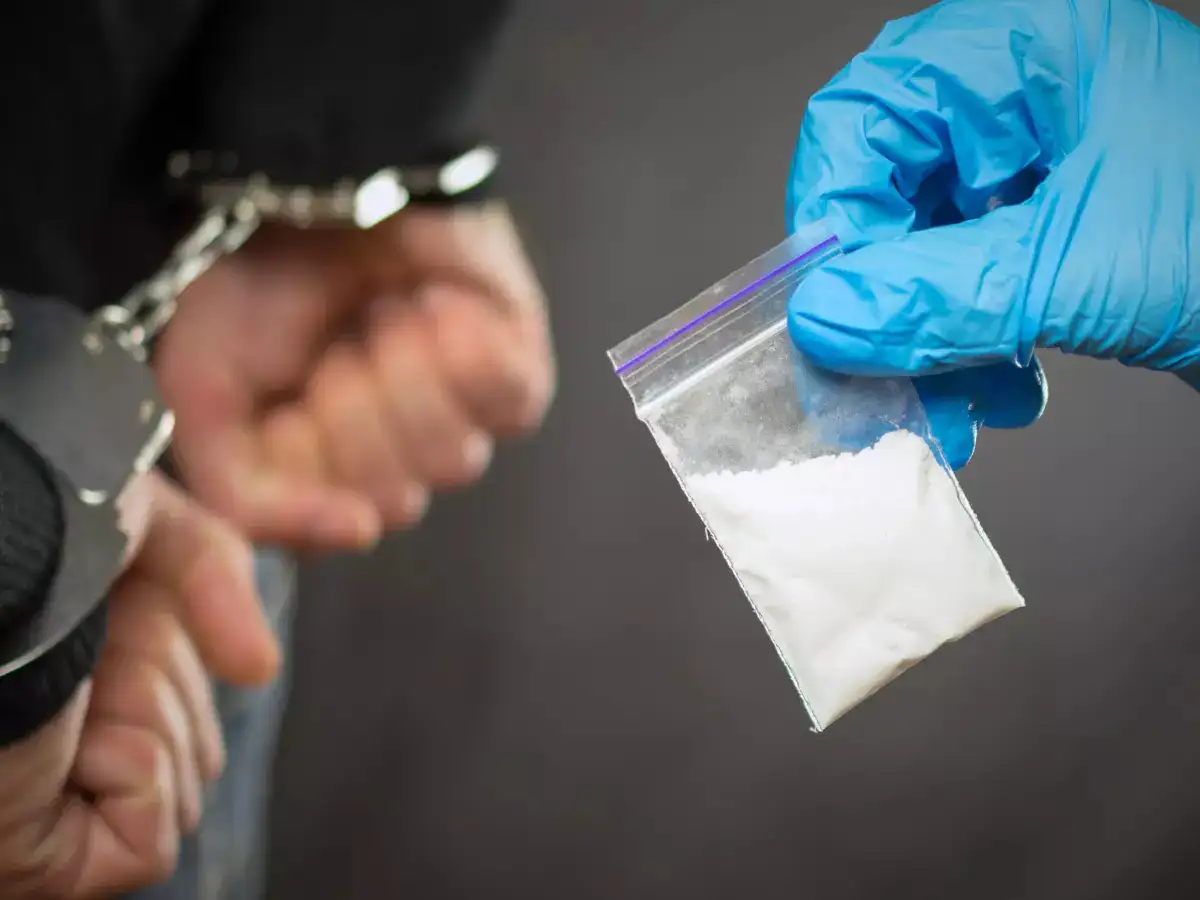
Closer to home, the Johor Bahru–Singapore trafficking corridor has become a known route for cross-border smuggling.
In one high-profile case, Pannir Selvam Pranthaman was convicted in Singapore in 2017 for trafficking over 50 grams of diamorphine.
He has consistently maintained he was unaware the parcel he was carrying contained drugs and alleged he was coerced by a trafficker known as “Anand”.
The late Kalwant Singh, executed in 2022, similarly claimed he was forced into transporting narcotics by an individual identified only as “Anna”.
These cases reveal a deeper systemic flaw, as drug syndicates exploit loopholes in Malaysia’s legal framework and take advantage of jurisdictional boundaries that restrict foreign authorities such as Singapore from investigating trafficking operations within Malaysian territory.
Despite the clear patterns of coercion and manipulation, Malaysia’s current legal structure provides little to no protection for individuals caught in these scenarios.
While the Penal Code does include defences such as duress/threat (s.94) and mistake of fact (s.76), these provisions are narrowly defined and often inapplicable in complex trafficking cases involving psychological pressure or deceit.
More critically, section 25 of the Anti-Trafficking in Persons and Anti-Smuggling of Migrants Act 2007 (ATIPSOM) only grants immunity to victims for immigration-related offences, not for more serious crimes like drug trafficking, even when such acts were committed under coercion.
This legal gap is at odds with international norms. Malaysia is a signatory to the UN Protocol to Prevent, Suppress and Punish Trafficking in Persons (Palermo Protocol), which promotes a victim-centred approach and the principle of non-punishment meaning victims should not be penalised for crimes committed as a direct consequence of their exploitation.
Countries such as the United Kingdom have already translated this into domestic law through provisions in the
Modern Slavery Act 2015, which provide statutory defences for trafficked persons compelled to commit offences. Malaysia, however, has yet to adopt similar legal safeguards.
Without legislative reform, the government risks compounding the harm faced by victims. Trafficked Malaysians who are prosecuted abroad often lack adequate consular assistance, legal representation, or mechanisms for proper victim identification.

The absence of guidelines or institutional support means that many are misclassified as criminals and denied access to justice, despite strong indicators of coercion. This reflects not only a failure of protection, but a fundamental failure of principle.
Moving forward, ATIPSOM must be amended to include broader immunity provisions for victims of trafficking who are coerced into committing serious offences.
Section 94 of the Penal Code, which governs duress, should also be revised to recognise psychological coercion and economic manipulation.
Additionally, law enforcement, prosecutors, and consular officers must be trained to identify and support potential victims of forced criminality, particularly in cross-border contexts.
Malaysia must also strengthen bilateral cooperation with destination countries to ensure the fair treatment, repatriation, and rehabilitation of its citizens who have been exploited by syndicates.
Diplomatic intervention is crucial in cases where victims face the death penalty or life imprisonment without the opportunity to raise a trafficking defence.
The time has come for Malaysia to move beyond a punitive approach and adopt a rights-based, victim-focused framework that reflects our international obligations and national conscience.
Those coerced into crime should not be punished for their own victimisation. ‒ June 2, 2025
Dr Haezreena Begum Abdul Hamid is a Criminologist and Senior Lecturer at the Faculty of Law, University of Malaya.
The views expressed are solely of the author and do not necessarily reflect those of Focus Malaysia.
Main image: iStock/Igor Alecsander


